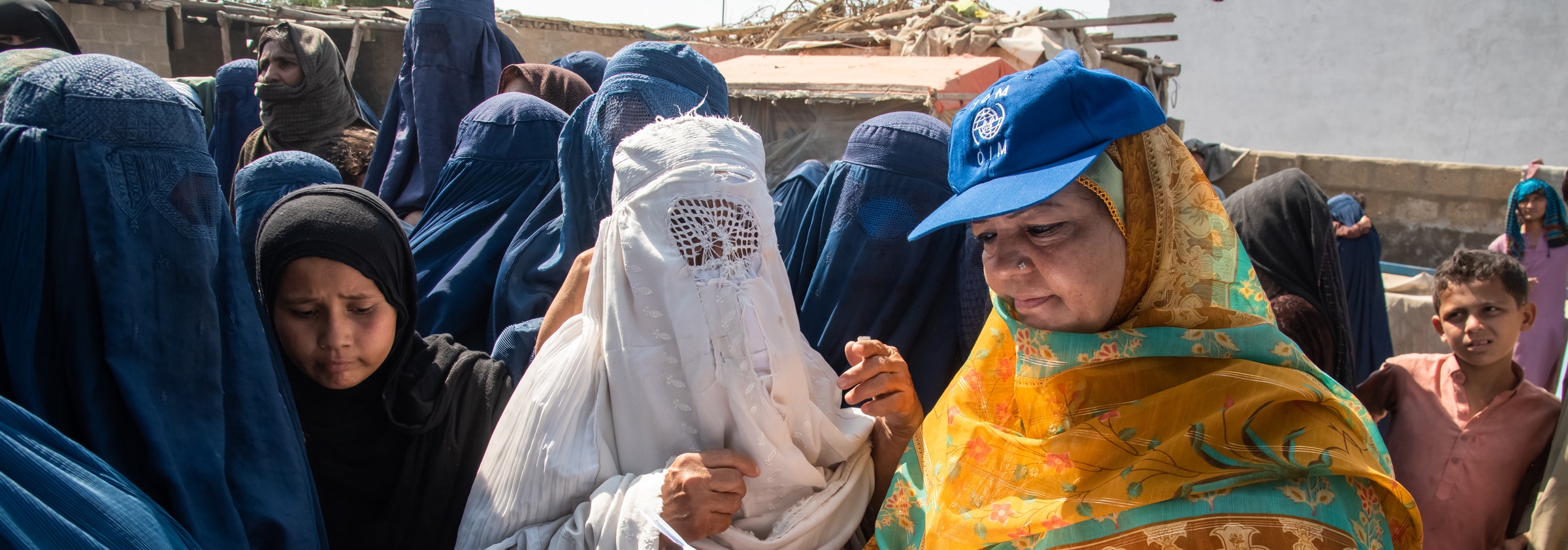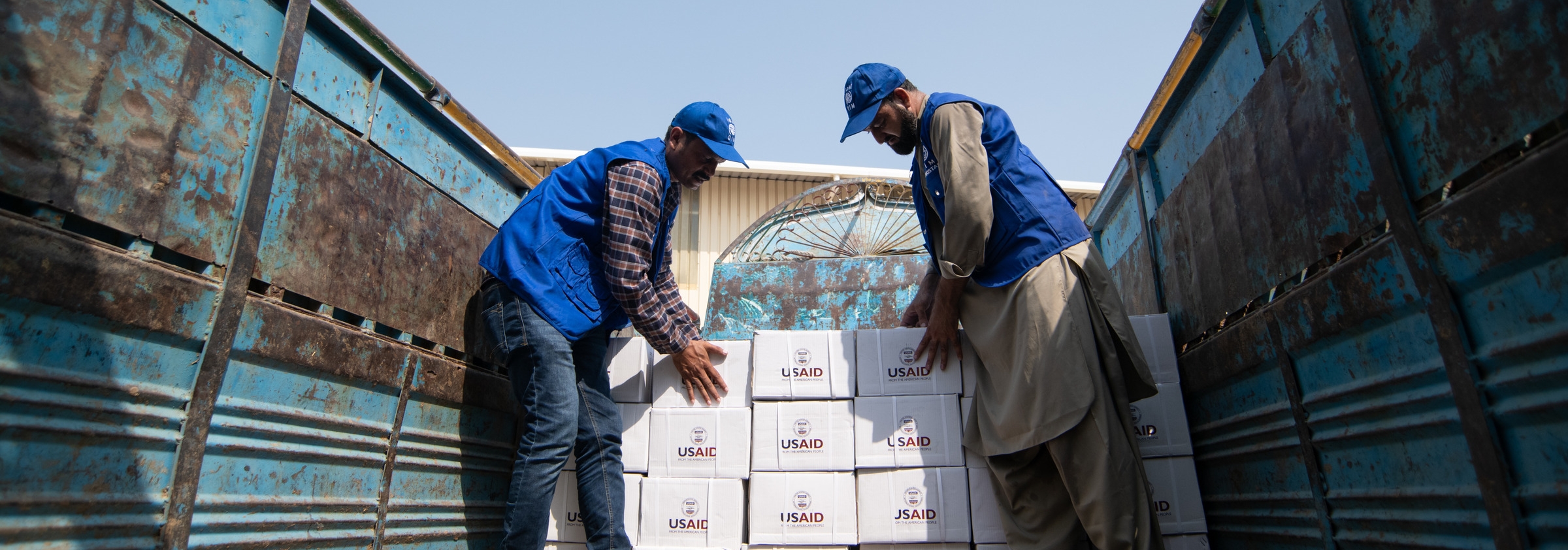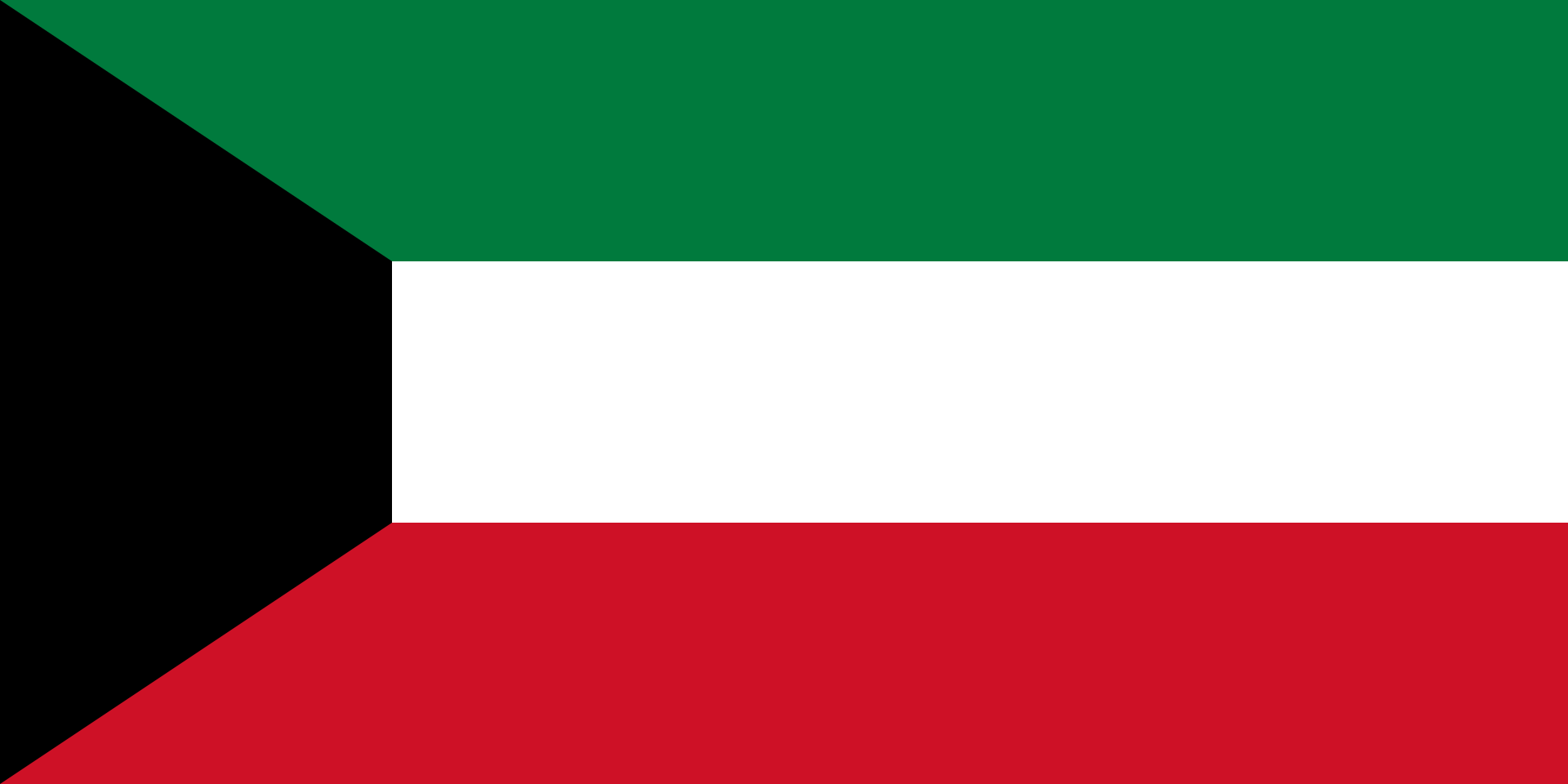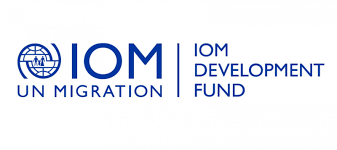IOM Vision
IOM Pakistan strives to save lives, alleviate suffering and maintain human dignity by supporting safe and dignified living conditions for people in situations of displacement and communities affected by displacement. IOM invests in efforts to address the multi-dimensional drivers of crisis and displacement, while mitigating the long term negative impacts of crises. IOM will continue to respond to crises when assistance is requested by the Government and will work with civil society actors to create protection-centered conditions for recovery, stabilization, social cohesion, peacebuilding and preparedness efforts.
Objective
Saving lives and protecting people on the move
In 2024, IOM will continue to focus its emergency preparedness and humanitarian assistance to:
- Assist internally displaced persons and people who have returned to their areas of origin following floods or other natural hazards, but do not have access to assistance due to levels of damage persisting following natural hazards.
- Support populations in displacement, including Afghan nationals in Pakistan who, due to insecurity among other causes, are not able to return or move to another location. The majority of Afghan nationals face acute protection, health, and livelihood needs. IOM will work with ACC holders and undocumented Afghan nationals.
- Help vulnerable host communities in areas of displacement; IOM will also maintain its capacity to respond to sudden displacements caused by violent events, natural hazards or any other cause.
- Improve risk communication, community engagement and disaster preparedness through awareness raising activities.
Further, IOM will maintain its capacities to collect humanitarian data, track temporarily displaced persons (TDPs), and migrant movements and produce high-quality reports benefitting humanitarian and non-humanitarian actors in Pakistan. It can be expected that the focus will be on climate-induced displacement data and IOM will also continue to collect data on Afghan nationals according to the trends that will be observed in 2024, in particular in view of the increase pressure of the Government of Pakistan to deport Afghan nationals. IOM will collect information on the vulnerabilities of affected people and migration movements with neighbouring countries. Data collected by IOM and related products will improve the capacities of UN agencies, CSOs and government entities in providing better targeted, evidence-based responses to affected populations.
|
IOM will assist highly vulnerable households in locations of displacement and in areas of origin with support for basic needs through the provision of multi-purpose cash assistance (MPCA), to vulnerable households, in line with the principles of the Cash Working Group. MPCA will be used to cover basic needs such as rent, food, medicines, among others, and to reduce negative coping mechanisms. |
IOM is co-leading the Shelter-Non-Food Item (S-NFI) sector and as such will ensure Camp Coordination and Camp Management (CCCM) coordination, as CCCM is integrated under the S-NFI sector in Pakistan. In 2024, IOM will focus on the CCCM coordination in the country with key partners and the governmental entities during the post-flood response and early recovery. IOM will coordinate working group sessions, support light-intervention repairs in disaster-affected areas, support CCCM planning, and provide technical support to partners and government officials.
IOM will support the provision of comprehensive primary health care services to Afghan and host communities, namely by providing health services through mobile health teams, outpatient management of communicable and non-communicable diseases, child health (consultations, immunization and screening and referrals for malnutrition) and sexual and reproductive health (SRH) services, and emergency referrals together with partners. IOM will also join the efforts of partners and other UN agencies in vaccination campaigns and across other programme areas, as appropriate.
IOM aims to strengthen the protection environment and address the needs and uphold the rights of at-risk individuals through protection mainstreaming and targeted, specialized protection programming, including legal services, protection case management, community-based protection, specialized services for people at risk of gender-based violence (GBV) including mental health and psychosocial support (MHPSS), women and girls’ friendly spaces, dignity kit distributions, and protection monitoring, analysis and research.
The focus of emergency WASH assistance will be to ensure access to clean and safe water and the hygienic conditions in the emergency phase in disaster affected communities through WASH kits, water purification, repair and construction of WASH infrastructure and latrines, and the provision of hygiene promotion activities and materials.
IOM’s S-NFI interventions, delivered through in-kind or cash-based modalities according to the operational context, will support those affected by natural hazards and who are in displacement or who have returned, as well as local communities through:
- Distribution of emergency S-NFI, support for shelter repair, technical assistance, winterization campaigns, and coordination of the S-NFI sector;
- Improved access to safe and dignified living conditions by providing support for shelter improvement/repair/reconstruction together with technical assistance, plus support for construction/rehabilitation of community infrastructures. Disaster resilient design will be incorporated in all construction and all activities will include training and guidance on disaster resilient design and construction;
- An integrated Settlement approach, incorporating WASH and housing, land and property (HLP), with priority needs identified through community-based planning.
IOM will seek to support strengthening the humanitarian border management capacities of the Government of Pakistan including in the situations of crises and mass movements of persons through the borders. IOM will provide more rights-based and gender-sensitive border management capacity-building to the Government, in particular adapted to potential high-pressure conditions and situations of complex movements prompted by crisis. This also includes training to border management staff, inter alia, on document security and examination, trends and techniques of document and identity frauds and risk analysis, preventions and protection against communicable disease in the case of public health emergencies, and human rights protection and gender sensitivity. In the meantime, IOM will support border management capacities by enhancing infrastructure and providing relevant primary and secondary inspection tools and equipment at identified Border Crossing Points (BCPs).
IOM will promote integrated mental health and psychosocial support (MHPSS), including the provision of psychological first aid (PFA) training to health care workers and community members, community and family support activities for migrants, including migrant children, and vulnerable Afghan and host communities group and individual counselling sessions, expressive art and play therapy, and referral of people in need to specialized care.
IOM remains one of the main providers of reliable data for action on displacement in Pakistan. IOM DTM tools and processes will provide IOM and partners with analysis for all evidence-based interventions for both emergency responses and building long term durable solutions, especially on rapid identification of areas and populations (including temporary displaced persons (TDPs), returnees and other migrants and vulnerable populations, in particular Afghan nationals) most in need by assessing their situation and needs in areas of displacement among others and providing the necessary information for emergency, recovery, and crisis prevention programming.
In 2024, IOM will maintain its capacities to conduct flow monitoring, baselines and community need assessments. It can be expected that the focus will be on climate-induced displacement data.
IOM will keep supporting government authorities and CSOs to build their capacities for emergency preparedness, in particular disaster preparedness in line with humanitarian principles. IOM will implement the following through Community-Based Disaster risk Reduction (CBDRR): (1) Conduct assessments such as hazard vulnerability and risk assessments; (2) Develop the capacity of stakeholders and establish Community Emergency Response Teams (CERTs) to mobilize first responders where aid can be delayed in case of disasters; (3) Continue developing contingency planning, with all stakeholders involved and in synergy with other programmes, to be prepared to provide multi-sectoral support, including emergency cash and NFIs, social cohesion and access to services and referral for targeted assistance.

Objective
Driving solutions to displacement
In 2024, IOM will maintain its assistance to populations in displacement and those who have returned to affected areas to address key barriers to integration and re-integration (in the case of Afghan nationals and flood-affected populations) and to return (for flood-affected persons deciding to return), focusing on recovery and social cohesion. In collaboration with the government and partners, IOM will:
- Assist persons still on the move to better assess their situation and support safe and dignified voluntary returns, or relocation, when the climate/natural environment is conducive.
- Support those who have returned and communities in areas of return to access basic services, protection, including documentation, livelihoods, health, and climate resilient shelter, WASH and community infrastructure, and support the early recovery.
- Contribute to the capacity building of government authorities, civil society organizations and NGOs to facilitate community stabilization and social cohesion.
Further, IOM will support the government, including national and local authorities, and selected civil society organizations (CSOs) and community leaders through multi-sectoral area-based response that will support disaster-affected populations in their recovery, and build resilience against future hazards through disaster risk reduction (DRR) and climate change adaptation (CCA) measures. All activities will be centred around a community-level approach, using IOM’s community-based planning (CBP) methodology where IOM and its partners work closely with community members, community leaders, and local authorities in order to plan and prioritise interventions, and in the process foster social cohesion. This will include to:
- Support the GoP to improve preparedness plans and coordination with humanitarian and other actors.
- Lead key community-based disaster risk reduction (CBDRR) activities.
- Support climate-resilient housing rehabilitation or construction of communal infrastructure to reinforce community-level basic services.
IOM will enhance civic engagement, promote social cohesion and extend support for displaced households and communities. IOM provides tailored support for remote and marginalized communities along the Pakistan-Afghanistan border, including support where poverty, illiteracy and unemployment are key drivers of instability and community tensions. In coordination with different key stakeholders, including national and local authorities and civil society organizations (CSOs), activities will be conducted to address root causes of community instability by further enhancing livelihoods and empowering community members, and to promote understanding and harmony among the diverse communities, in particular in remote regions.
As the emergency response to the 2022 floods moves to the early recovery stage, the focus of WASH assistance during the recovery phase of the 2022 flood response will be to enhance sustainable access to clean and safe water and improve the hygiene conditions in vulnerable and disaster-affected communities through the repair and construction of sustainable WASH infrastructure, hygiene promotion activities and capacity-building of water authorities.
All WASH activities implemented for emergency responses will be accompanied with capacity-building activities on disaster preparedness and response. Similarly, all infrastructure activities implemented for long term solutions as part of a recovery approach will be designed to be disaster resilient, to reduce the impact of future disaster events.
IOM will focus on risk communication and community engagement activities, which include health promotion, education, and awareness sessions on the prevention of different diseases such as Malaria, Dengue, Acute Watery Diarrhoea, COVID-19, tuberculosis (TB), Hepatitis B and C, etc, to teachers, community elders, school children, among other community members. IOM will also work for preventions of climate-related health hazards, including communicable disease outbreaks, barriers to accessing health services and premature deaths due to malnutrition, heat stress, increased propagation of water-borne diseases, vector-borne diseases, disruption to food and water systems and extreme events including floods and storms among others. Community engagement activities may also take the form of community corner meetings, peer groups and community elder networks, as well as health awareness and education sessions in schools, madrassas, and the sharing of IEC materials.
As part of its comprehensive protection programme, IOM will work to address challenges related to housing, land and property (HLP) issues, including lost or destroyed official papers, houses being occupied by another household or other general needs for legal assistance, with the aim to remove barriers for Afghan nationals and disaster-affected persons to access HLP rights. IOM will provide legal counseling, disseminate information, and train partners on HLP.
Economic hardship and limited livelihood prospects remain primary concerns for both Afghan nationals and vulnerable host communities in Pakistan. To strengthen their economic resilience while promoting social cohesion within the longer term, IOM will continue supporting them with livelihood opportunities. More specifically, IOM will provide its beneficiaries with and range of support including: (1) Individual Livelihood Assistance (ILA) to promote the development of a trained workforce for local businesses. Activities will include training on soft skills required to set up and manage micro-businesses (Business Support Package), vocational training, and on the job training. (2) Financial capital to support the expansion of their small or medium-sized businesses, increase their productivity and allow for the creation of new sustainable jobs through IOM’s Enterprise Development Fund (EDF). (3) Cash-for-work (CfW) to engage and empower community members to restore basic services and improve communal spaces, allowing for social integration and cohesion. (4) Improved access to basic services through Quick Impact Projects (QIPs) consisting in rehabilitating community-based infrastructures.
IOM intends to promote security and stability and contribute to a reduction in violent extremist (VE) in strategic areas of Pakistan, in line with the Government of Pakistan’s commitment to increasing stability and security within its national boundaries, by addressing root causes such as the weak state institutions and civilian governance which frustrated citizen expectations and relative deprivation and sectarian tensions. IOM will continue its interventions and activities in collaboration with national and local governments to address the limited focus on extremism, increasing peacebuilding efforts assisting the local communities’ systems to enhance the efficiency of dispute resolution efforts, including awareness raising on the political reforms process, enhancing women’s role in peacebuilding, fostering trusts and dialogue among communities aiming at mitigating existing tensions, and nurturing youth leadership and positioning the youth as active agents of change and fostering resilience.
In order to strengthen the Disaster Risk Reduction (DRR) and Climate Change Adaptation (CCA) capacities of Federal and Provincial Government departments to develop policy on and respond to the nexus of migration, environment and climate change, IOM will provide technical assistance to Federal and Provincial Government departments (such as Environment / Climate Change, Planning and Development or Urban Planning Departments) to strengthen integration of CCA, DRR and human mobility concerns into adaptation, development, urban and land-use planning and will conduct research on the impact of climate change on migration including in areas vulnerable to climate change impacts as well as migrant destination areas.
Meanwhile, IOM will implement a community-driven, multi-sectoral, area-based approach to post-disaster reconstruction which focuses on climate resilient shelter and settlements, incorporating DRR.
Pakistan
The map used here is for illustration purposes only. Names and boundaries do not imply official endorsement or acceptance by IOM.
Figures are as of 31 December 2023. For more details of IOM's operational capacity in country, please see the IOM Capacity section.



















